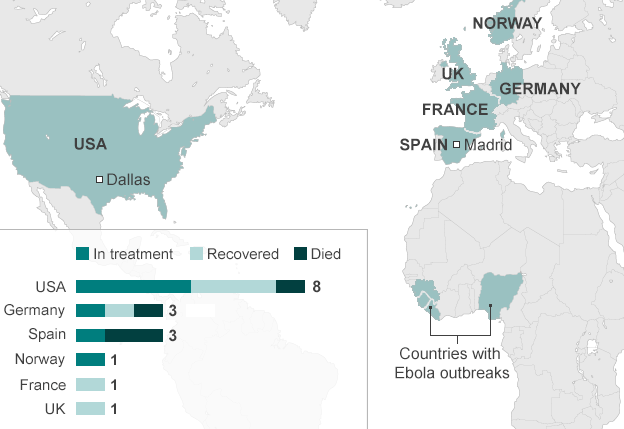- Banned
- #1
The founder and Chief Executive Officer of the popular social networking website, Facebook, Mark Zuckerberg and his wife, Priscilla Chan, have donated N4bn to fight the Ebola Virus Disease.
Making the announcement on his Facebook page, Zuckerberg said they wanted to stop the epidemic before it got out of control to become a bigger, and more expensive, global issue to fight, like the HIV.
Source: Ebola War Facebook Founder Zuckerberg wife donate 25M to fight Ebola - eReporter
Making the announcement on his Facebook page, Zuckerberg said they wanted to stop the epidemic before it got out of control to become a bigger, and more expensive, global issue to fight, like the HIV.
Source: Ebola War Facebook Founder Zuckerberg wife donate 25M to fight Ebola - eReporter



